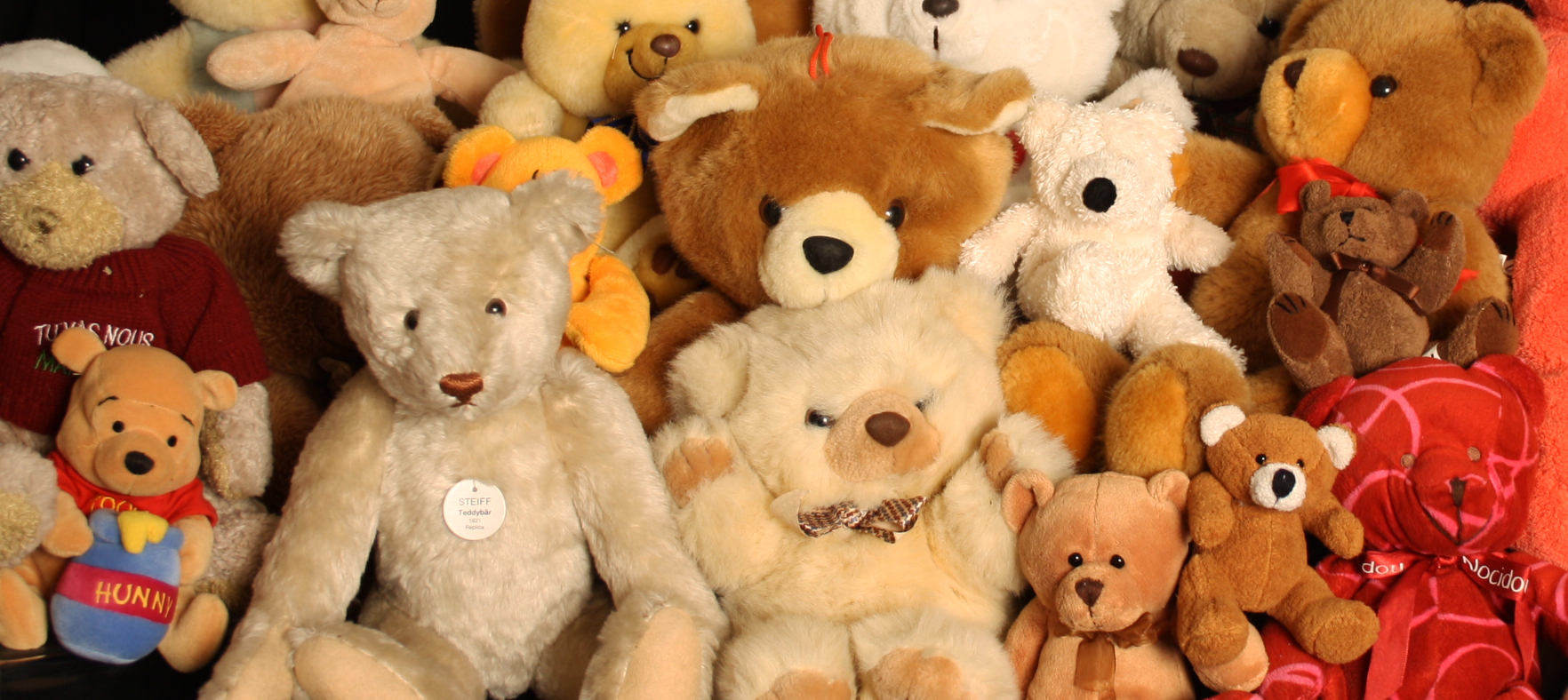The Recovery Curriculum:
Growing Together with our Buddies

Our journey of growing together again with faith, hope and love.
Following the 2019-2020 successful pilot from Alfreton Nursery Teaching School Alliance and Derbyshire County Council Early Years. ‘The Teddy Bear Project’, Bolsover Church of England Junior school has launched Growing Together again with our Buddies.
Since March 2020, the COVID-19 pandemic has affected educational systems worldwide. It is no obvious statement that school closures impact not only pupils but all school staff and families as well as having economic and societal consequences.
School closures, in response to the pandemic, have shed light on various social and economical issues, including homelessness, food insecurity, digital learning, housing, internet, childcare, plus many more issues. Many families have suffered in some way because of the impact. The impact has been even more severe for disadvantaged children and their families causing interrupted learning, compromised nutrition, childcare problems and economic consequences for those families who have not been able to work.
Research shows that the common thread that runs through the current lived experience of our children is loss. From loss emanates three significant dynamics that will impact majorly on the mental health of our children: anxiety, trauma and bereavement. The appearance of this, all at once, is significant for any developing child. In some way, the children of Bolsover have lost friendships, social interaction, structure, routine, the loss of positivity, the loss of a trusted adult, the loss of another home- another family. They have lost their freedom and opportunities.
The children of Bolsover have also perhaps lost that feeling, in some way, of security. Surrounding them every day, are reports of the impact of the pandemic, reminders of the pandemic and measures which should be taken.
The losses experienced can trigger anxiety, trauma and bereavement in a child.
In a think piece called A Recovery Curriculum: Loss and Life for our children and schools post pandemic Barry Carpenter, CBE, Professor of Mental Health in Education, Oxford Brookes University suggested the Recovery Curriculum is what schools should be planning to support children in the loss and mental health struggles they will have experienced. It is suggested that the recovery curriculum should be built on the 5 Levers, as a systematic, relationships-based approach to reigniting the flame of learning in each child. Many children will return to school disengaged. School may seem irrelevant after a long period of isolation, living with a background of silent fear, always wondering if the day will come when the silence speaks and life is changed forever. Our quest, our mission as educators, should be to journey with that child through a process of re-engagement, which leads the children back to their rightful status as a fully engaged, authentic learner.
The levers are as follows:
Lever 1: Relationships - we cannot expect our students to return joyfully, and many of the relationships that were thriving, may need to be invested in and restored. We need to plan for this to happen, not assume that it will. Reach out to greet them, use the relationships we build to cushion the discomfort of returning.
Lever 2: Community - we must recognise that curriculum will have been based in the community for a long period. We need to listen to what has happened in this time, understand the needs of our community and engage them in the transitioning of learning back into school.
Lever 3: Transparent Curriculum - all of our students will feel like they have lost time in learning and we must show them how we are addressing these gaps, consulting and co-constructing with our students to heal this sense of loss.
Lever 4: Metacognition - in different environments, students will have been learning in different ways. It is vital that we make the skills for learning in a school environment explicit to our students to reskill and rebuild their confidence as learners.
Lever 5: Space - to be, to rediscover self, and to find their voice on learning in this issue. It is only natural that we all work at an incredible pace to make sure this group of learners are not disadvantaged against their peers, providing opportunity and exploration alongside the intensity of our expectations.
Loss and Recovery Think Piece: https://barrycarpentereducation.files.wordpress.com/2020/04/recovery-curriculum-loss-and-life-for-our-children-and-schools-post-pandemic.pdf
As a school, we have seen the impact of the pandemic on our community- on the mental health, the well-being, the day-to-day lives of our children and their families. Many different stakeholders were and still are witnessing first and second hand a whole host of emotions brought on by this pandemic and, for some, these have been difficult to manage and on some days, they have been over-whelming.
.
Bolsover continued to stay open throughout lockdown and responded to the growing concerns for those children who were in school as well as those who were at home.
Reflecting on all of this has meant we have had to carefully consider our approach to growing together again.
.
Following much research, we decided to plan a systematic, relationships-based approach which centred around the five levers Barry Carpenter suggests for a recovery curriculum in order to re-engage the children of Bolsover back, as stated earlier, to their rightful status as fully engaged, authentic leaners.
.
Further information about our Growing with our Buddies Project can be found here: Growing with our Buddies Project.
The lessons that we have been completing in school, that can also be undertaken at home, can be found here: Lesson Planning

